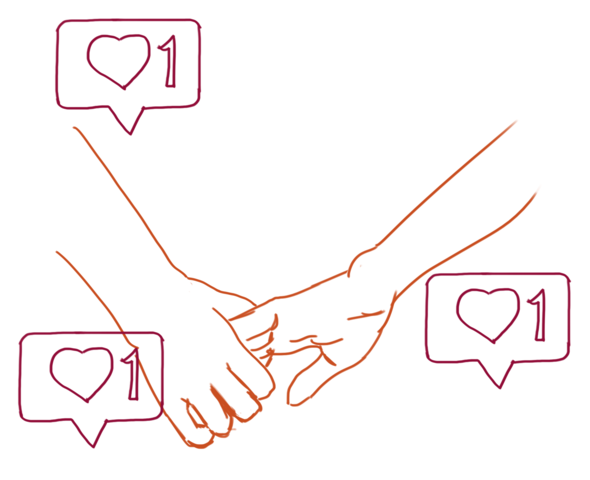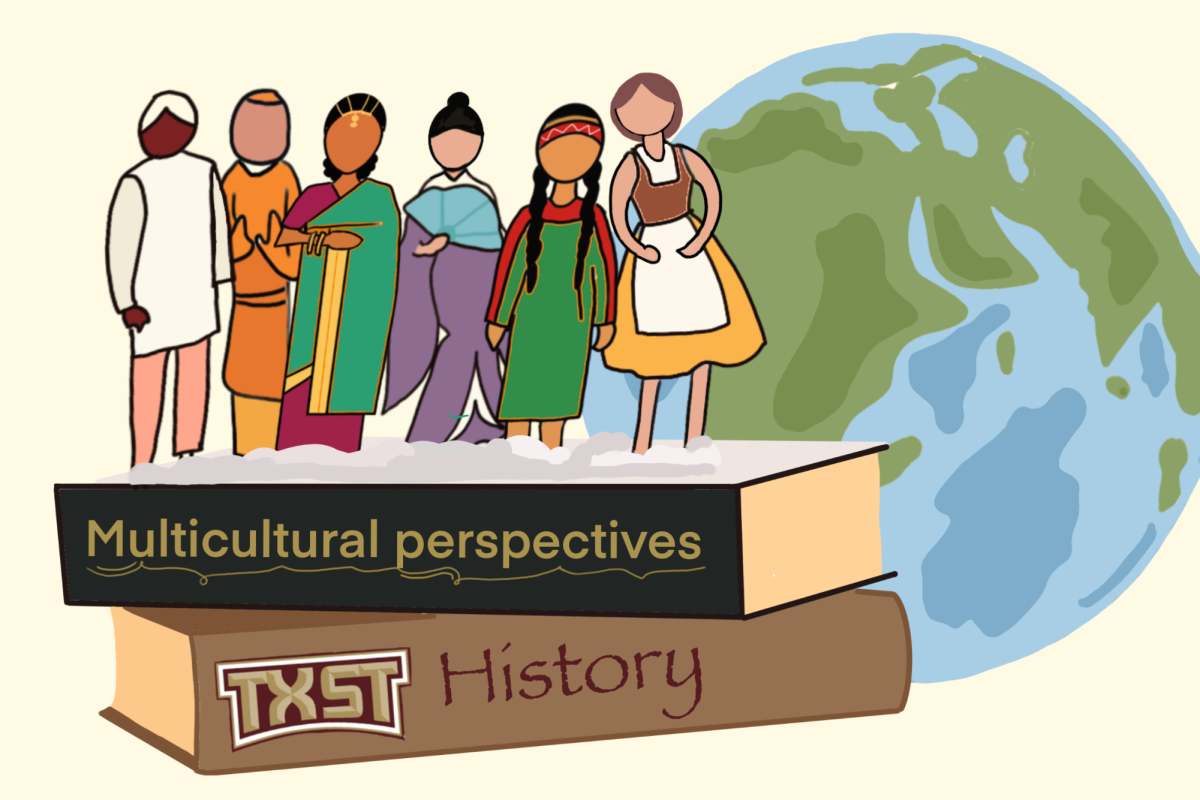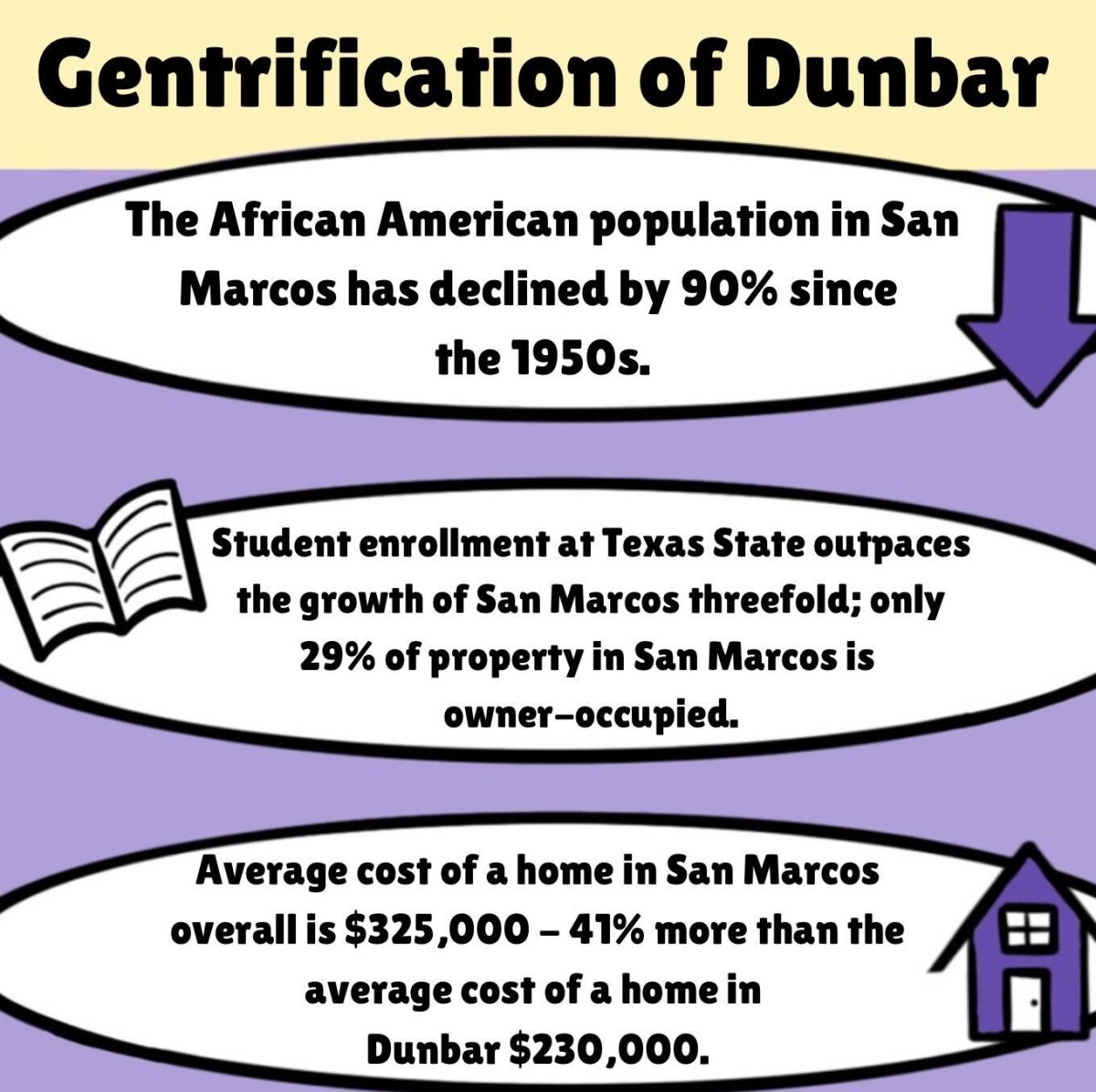As Valentine’s Day is falling upon us, singles all over the world are dreading the sappy posts that have grown customary to the holiday. The extremes couples may go to for social media could, perhaps, be enough to even lure people in a happy relationship to question the excitement of their love. On Valentine’s Day some expect an upscale dinner, flowers, or a card to create a romantic night with a significant other. As a society, our idea of what a realistic relationship looks like is already misconstrued; social media is not doing much to help the issue.
With famous couples brandishing themselves through unrealistic imagery, it is no wonder why modern expectations of what a relationship is meant to look like are unreasonable. Constant exposure to a “perfect” couple makes it difficult for upcoming generations to understand that a relationship requires more than buying expensive gifts, going on lavish vacations or posting intimate pictures together.
The problem with Instagram-famous couples is that their followers are only seeing the good parts of the relationship. No couple will brag about a fight, but the constant pictures of their happiness makes for a convincing illusion to outsiders. In fact, 45 percent of internet users ages 18-29 in serious relationships say the internet has had an impact on their relationship, according to Pew Research Center. No real relationship consists only of the good times, and Millennials are losing sight of this. It has become common to idolize these couples as “relationship goals.”
Social media will have an effect on the family dynamic of the future because it changes how relationships are viewed. Social media has negatively correlatedwith marriage quality and happiness, according to studies conducted by researchers at Boston University.
This negative correlation is supported by a growing fear of commitment. Since our parents and grandparents could not easily compare their relationships to the couples of the world, their fear of commitment is not as potent as the fear from newer couples. It is natural to wonder if the grass is greener on the other side, but social media has convinced Millennials that there is truth to this fallacy.
Millennials are falling in love with the idea of relationships — not people. The deterioration of relationships worsens when they inevitably fall short of the Internet’s expectations coupled with the actual difficulties of a relationship, which require much more than a photogenic presence to endure.
The value of a relationship lies in the other person, not the aesthetic of the couple. A healthy relationship is not created by constantly posting your love for one another. Love is not based on followers or likes. Not everything seen on a screen is reality.
– Hannah Schmanske is a journalism freshman
Categories:
Unrealistic Expectations of Love
February 14, 2018

Illustration by Kennedy Swift | Staff Illustrator
0
Donate to The University Star
Your donation will support the student journalists of Texas State University. Your contribution will allow us to purchase equipment and cover our annual website hosting costs.
More to Discover







